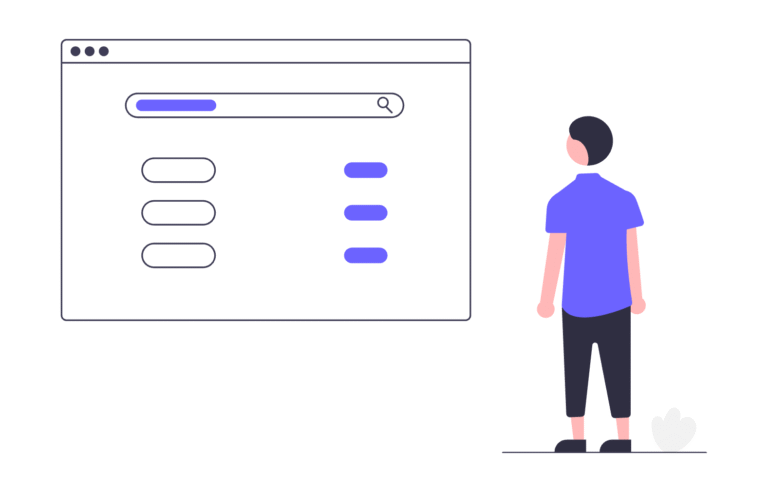“We’re too small to be a target.”
That phrase has been repeated in boardrooms, coworking spaces, and small offices everywhere.
But here’s the truth:
Most attacks aren’t targeted. They’re automated.
And automation doesn’t care about your company size.
You’re Not Invisible — You’re Exposed
Cybercriminals don’t scroll through company rankings looking for Fortune 500 names. They run mass scans across the internet looking for:
- Login pages with default credentials
- Outdated software with known vulnerabilities
- Misconfigured cloud storage
- Publicly accessible admin panels
- Unpatched WordPress plugins
If your business checks any of those boxes, you’re already on the list.
Low-Hanging Fruit
Attackers love easy wins.
They don’t need a headline-making breach — just a foothold to steal data, plant malware, or use your systems for phishing others.
And smaller businesses often:
- Lack of dedicated security staff
- Delay software updates
- Share credentials across teams
- Have leftover assets no one maintains
That makes them easier to break into — and less likely to notice.
Visibility Attracts, Not Size
What gets attacked isn’t “who you are” — it’s what you expose.
A forgotten login page or misconfigured server is just as risky at a 10-person startup as it is at a bank.
The only difference?
The startup might not even know it’s there.
Real Incidents, Real Damage
Ransomware doesn’t ask how many employees you have.
Phishing campaigns don’t stop because your domain isn’t famous.
And regulators won’t care that “you’re small” if customer data leaks.
The cost of a breach — financial, reputational, legal — can be crushing for smaller companies.
And recovery takes far longer.
What to Do Instead
Forget the “too small” mindset.
Adopt the “too important to ignore” one.
Start with the basics:
- Inventory your digital assets (subdomains, logins, cloud tools)
- Remove what you’re not using
- Lock down what’s still exposed
- Set up basic monitoring
- Rotate passwords and remove old accounts regularly
You don’t need a whole security team to lower your risk.
Just awareness — and a plan.
Final Thought
Most small businesses don’t get hacked because they’re targeted.
They get hacked because they’re easy.
And in cybersecurity, easy is enough.



